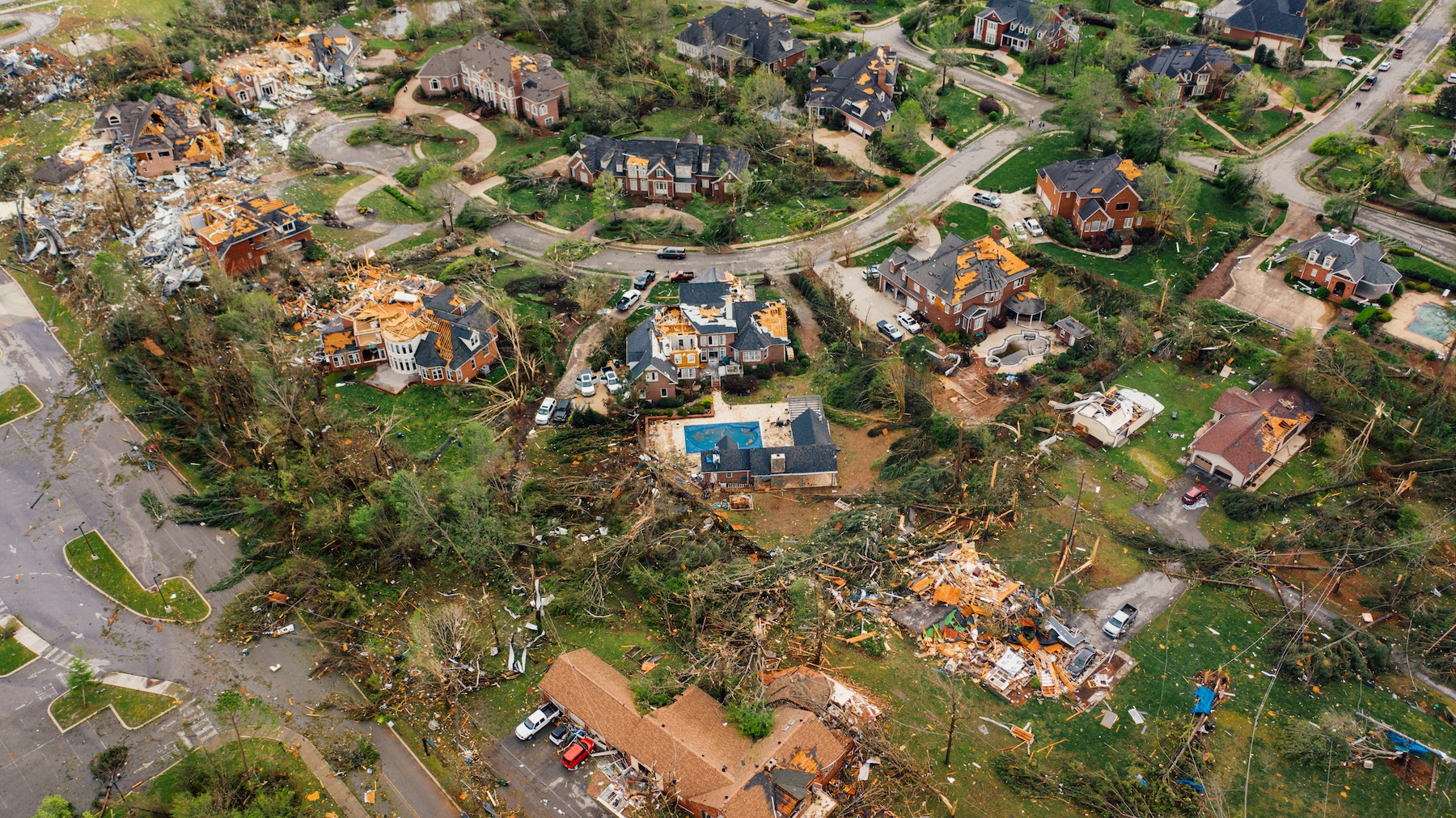New research led by an MIT graduate student at the school’s Concrete Sustainability Hub suggests that the value of buildings constructed to resist wind damage in hurricanes may be significantly underestimated.
The research found that the failure of wind loss models to account for neighborhood texture—the density and configuration of surrounding buildings—may result in a more than 80% undervaluation of structures built with stronger construction methods in Florida. Hazus, a loss estimation tool used by the Federal Emergency Management Agency (FEMA), estimates physical and economic damage to buildings due to wind and the impact of windborne debris.
The tool assumes that all buildings in a neighborhood experience the same wind loading, but buildings come in many different shapes and sizes can be arranged in numerous ways. Their configuration and positioning can amplify or reduce the wind load on buildings within the neighborhood.
In a model developed by MIT researchers, the texture-related loss implications were found to be higher in census tracts along the coast. These areas tend to be more dense and ordered, leading to higher wind load amplifications. Loss implications are particularly high for single-family homes, which are more susceptible to damage and have a higher replacement cost per housing unit.







